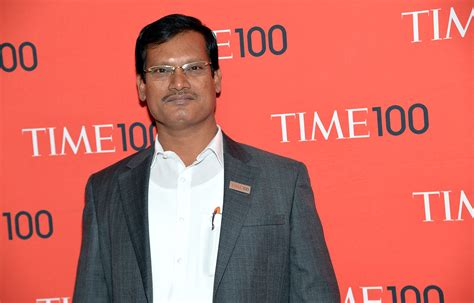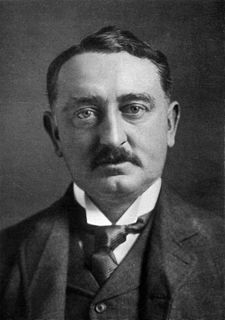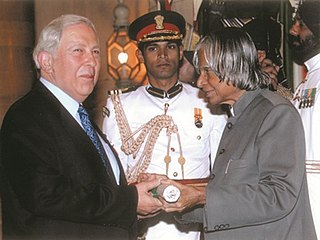A Quote by Shiv Nadar
My daughter is very happy doing philanthropy, especially in the schools.
Quote Topics
Related Quotes
I started out doing improvised voices when I started working in a program where I read for kids in schools. I had some kids and they asked me if I would mind doing it. I was very happy to do it. Thats where I got my training before I went to the public. I did that for several years. It was actually the best vocal training I could have had.
I started out doing improvised voices when I started working in a program where I read for kids in schools. I had some kids and they asked me if I would mind doing it. I was very happy to do it. That's where I got my training before I went to the public. I did that for several years. It was actually the best vocal training I could have had.
There are three lessons in philanthropy - one, involve the family, especially the spouse. She can be a remarkable driver of your initiative. Two, you need to build an institution, and you need to scale it up. Choose a leader for philanthropy whom you trust. Three, philanthropy needs patience, tenacity and time.
I was doing all the coaching schools so that I'd be able to stay in the game, and I gave myself a chance by doing that. I was only an average player, could score a goal or two, that sort of thing, but I wasn't a Bobby Charlton or a Messi, or Ronaldo. There are very, very few really great players who have become great coaches.

































